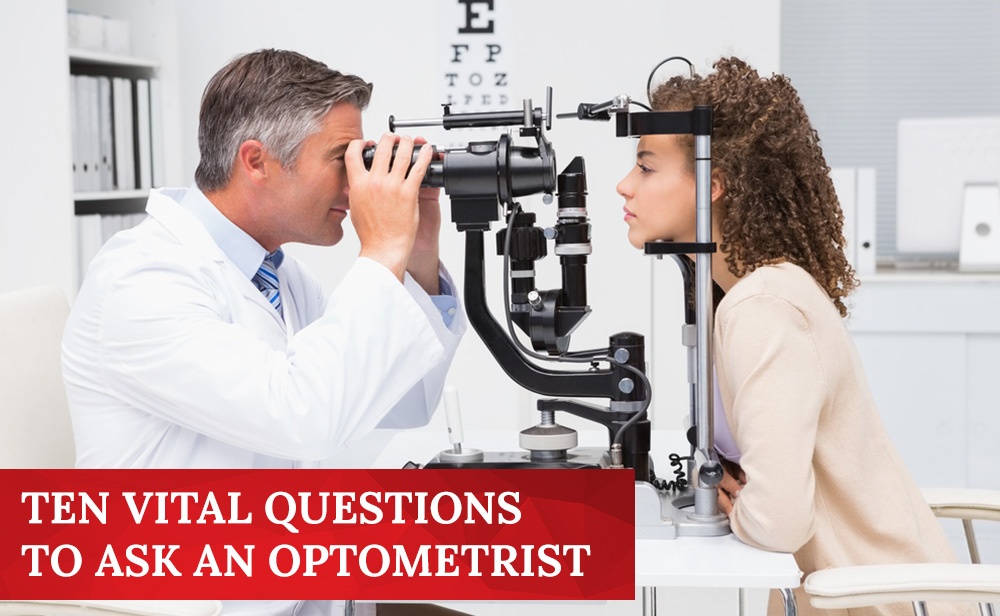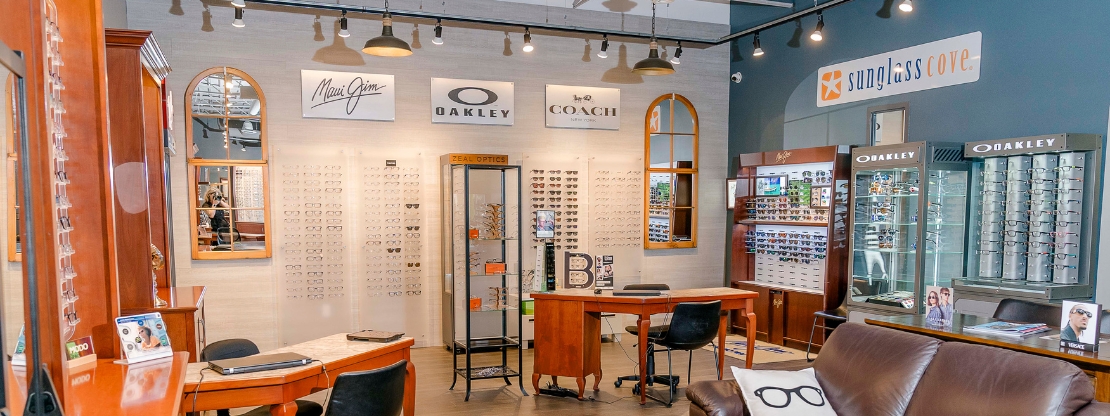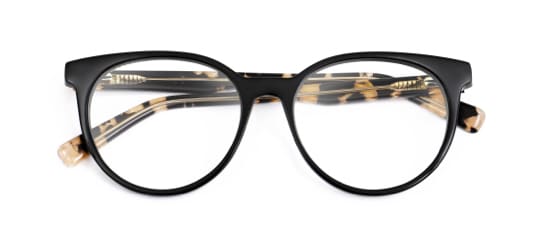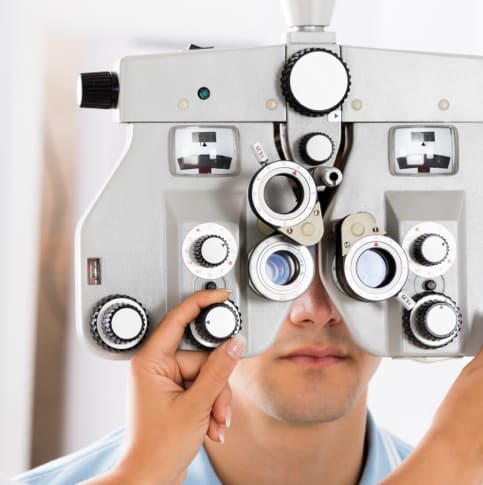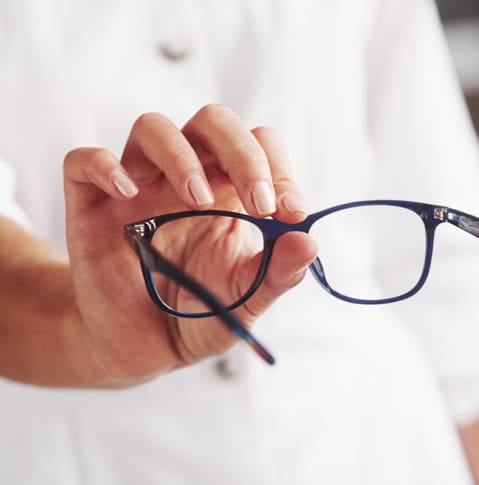Eye examinations are essential, regardless of whether you are experiencing vision concerns or not. Early detection of disease and treatment of common eye problems are important, not just for your ocular health, but for your overall health. Some ocular symptoms and conditions, once fully developed, can be irreversible, meaning thorough and regular examinations are pivotal in order to maintain good eyesight.
If you are showing symptoms of deteriorating eyesight or have other underlying issues, it is important to visit an optometrist at the earliest possible time. You may not know what questions to ask in order to get to the root of your eye problems. To make the whole process easier for you, Oxford Optometry has outlined ten vital questions to ask an optometrist.
1. What tests will you be doing today?
This is something you can ask your doctor when you book the appointment. Learning more about the instruments they are going to use and reasons as to why they are conducting a particular test can help you to relax and be comfortable. Knowing what to expect when you arrive will help put you at ease.
2. What do my symptoms mean?
If you are experiencing irregularities in your vision or how your eyes look or feel, this is the time to discuss it with your doctor. This will information will help guide them towards a diagnosis and treatment.
3. Is my condition treatable?
Whether you have a new eye problem or an existing one, you should find out if your condition is treatable. If you don’t understand something or want more information, don’t hesitate to ask. Your doctor will answer your questions and go into as much depth as you need to make you feel comfortable.
4. What new symptoms should I watch out for?
Make sure to ask if there are any new symptoms or changes to watch out for. This is especially important if you already have an eye condition. Staying informed allows you to pay attention to changes you wouldn’t notice otherwise. This way, you can catch any underlying problems.
5. How do I know if I need glasses?
Some patients may notice they are having trouble focusing on things up close or far away, this may be an indication that vision correction is needed, while others may experience non-specific symptoms such as fatigue, headaches, or watery eyes. Discuss all issues with your doctor in order to help them determine if glasses are necessary.
6. What are the best vision correction options available for my eyes?
Treatments can range from simple options like glasses or contact lenses to surgery. Both contact lenses and eye glasses offer a number of benefits, but also have their own sets of disadvantages. Education and asking about all available options will help you make the right decision for both your health and your lifestyle. Oxford Optometry has a large selection of fashionable frames from which to choose as well as a multitude of contact lens choices. Oxford Optometry can also make a referral for LASIK surgery and will be there to co-manage your experience. In the end, it is your decision and we are there to help.
7. What eyesight changes can I expect as I age?
Ask your doctor about the changes in eyesight you can expect when aging. No matter how old you are at the moment, it’s always good to prepare yourself. Your doctor can tell you what to pay attention to. He or she can suggest which changes may be genetic, and what steps you can take to prevent premature eye problems.
8. What lifestyle changes can I make to prevent eye disease?
When discussing your lifestyle with your doctor, this is a good time to ask about how to prevent eyestrain and whether or not you should reduce your screen time if possible. Your doctor will also be able to recommend foods that contribute to healthy vision as well as educate you on the importance of sunglasses to protect your eyes from harmful UV rays.
9. How can I maintain and monitor my eye health?
Ask this question at the end of your appointment. If your eyes are healthy, your doctor will recommend annual checkups and preventative measures. If you have an eye disease or disorder, your doctor might prescribe medication, refer you to an ophthalmologist, recommend some lifestyle changes, or more frequent appointments.
10. When should I return for my next visit?
Your eye care professional will determine how often you need an exam based on your age, vision, and medical history. Staying on schedule is important for you and for your loved ones to practice good eye care. Schedule an appointment for a later date and set a reminder on your phone.
If you are looking for eye care services in Woodstock, ON, contact us at (519) 421-3303 or email us at [email protected]. Our entire team is committed to ensuring the comfort and satisfaction of each and every patient. We will do our best to accommodate your busy schedule by finding appointment times that best meet your needs. Our knowledgeable staff will work with you to help you understand your vision insurance coverage and provide financial alternatives, ensuring you get the best vision care possible. We offer eye care services, eye exams, and eyewear to clients across Woodstock, Norwich, Ingersoll, and the surrounding areas.
Reach out to Oxford Optometry to set up an appointment, or visit our website to learn more about the services we offer by clicking here.


